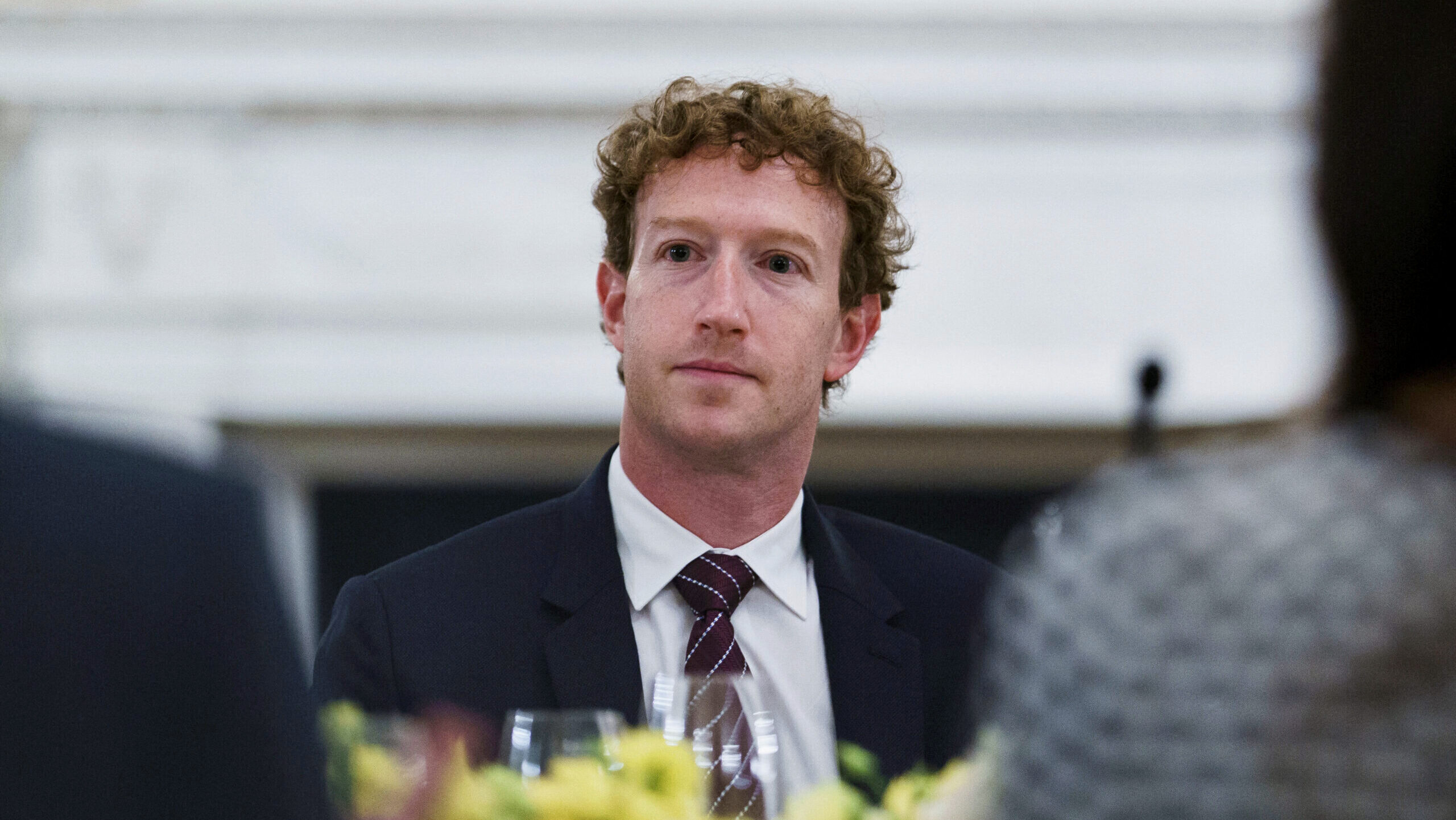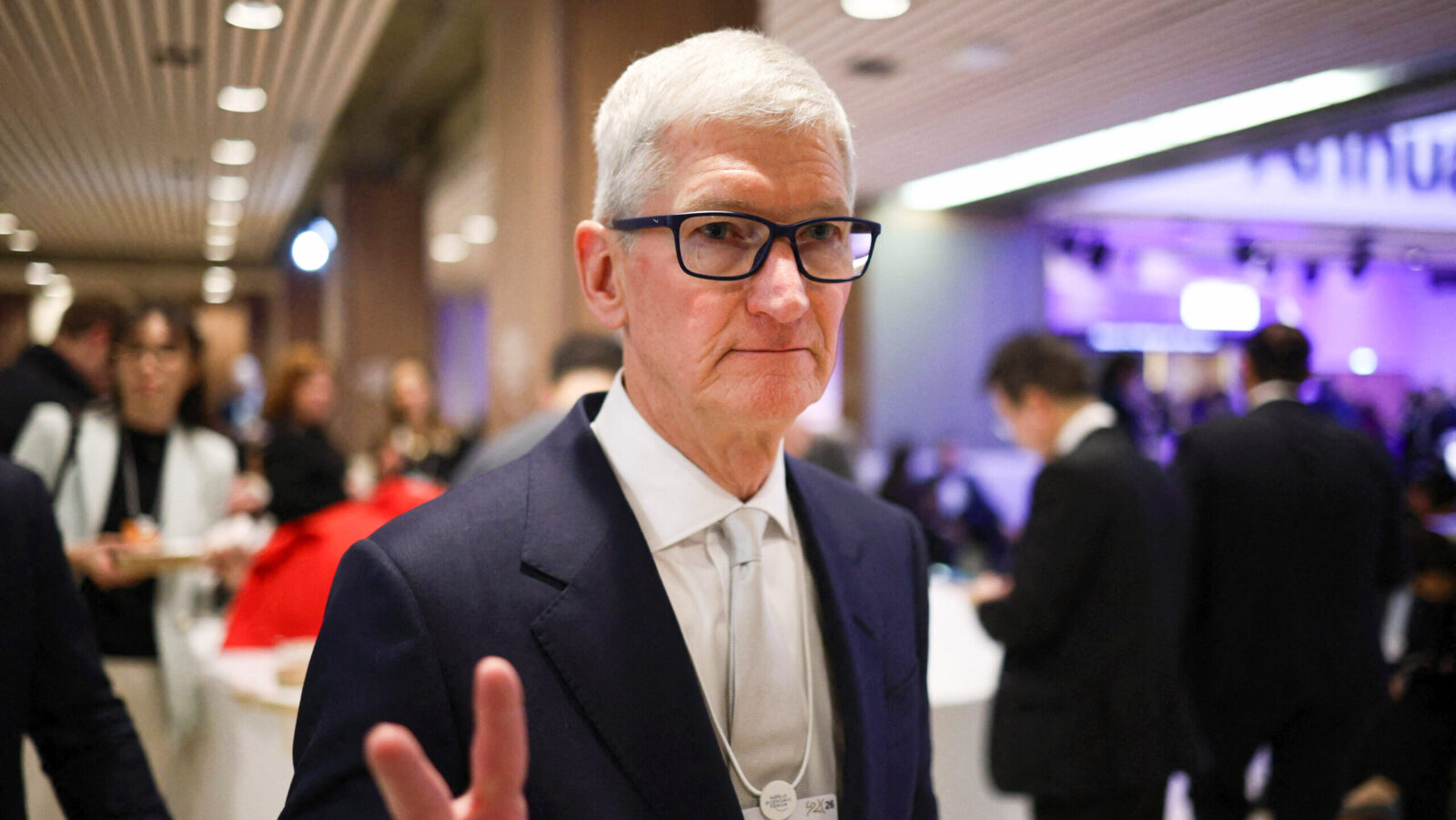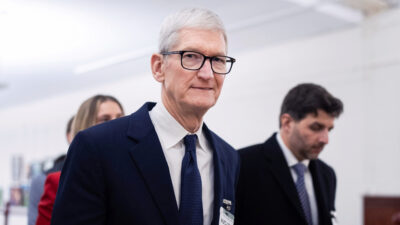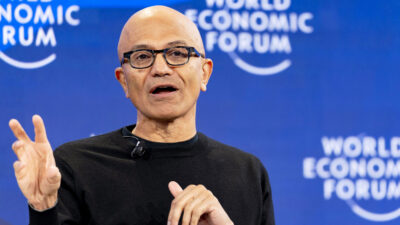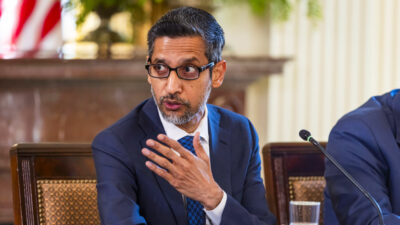Sign up for smart news, insights, and analysis on the biggest financial stories of the day.
In the world of “move fast and break things,” the Federal Trade Commission moved slowly and accomplished nothing of note.
Last week, Meta declared courtroom victory over the FTC after a US judge ruled the company didn’t illegally stifle competition through its multi-billion-dollar acquisitions of Instagram and WhatsApp way back when. Why? According to the judge, the FTC had too narrow a definition of the market in which Meta competes and the rise of platforms such as TikTok (albeit quite a few years later) proves the company still has rivals. The win signals the end of a (brief) era of more stringent antitrust scrutiny against Big Tech titans.
Watch It, Buster
The FTC’s case against Meta was pretty straightforward: Facebook operates primarily in “personal social networking,” a market whose other participants are only Instagram, WhatsApp, Snapchat and little-known also-ran MeWe. That, the agency said, makes its Instagram and WhatsApp acquisitions objectionable. While the FTC’s argument may have held more water back in late 2020, when it filed the lawsuit amid the final days of Trump 1.0, US District Judge James Boasberg essentially argued the point is moot in a 2025 landscape in which Facebook, Instagram, TikTok and YouTube “evolved to have nearly identical” features.
The ruling is somewhat parallel to Google’s own antitrust case this year, in which the court found the company guilty of maintaining an illegal monopoly in the search engine sector but provided light-touch remedies on the grounds that AI chatbots are now radically shifting internet user behavior.
Already, some in Silicon Valley see it as a green light for Big Tech to resume snapping up startups. “[The ruling] will eliminate a lot of the gymnastics that the major acquirers are going through, and it should really open the door,” Tomasz Tunguz, a general partner at the venture capital firm Theory Ventures, told The New York Times. It’s a sign that trustbusters may need to reassess their strategy:
- “The FTC, or the DOJ or the states should have challenged these acquisitions [when they occurred],” Spencer Waller, professor and director of the Institute for Consumer Antitrust Studies at Loyola University Chicago, told The Daily Upside. “You either have to have robust challenges on potential or nascent competition theories when these mergers are happening, or you have to have robust enforcement on the back end.”
- “My main takeaway is, if the courts are going to be overly accepting of defendants’ arguments in monopolization cases, the agencies should be less accepting in merger cases,” Waller added, noting that he is concerned for the worldview that “everything competes with everything.”
Anything EU Can Do: Big Tech is getting more slack across the Atlantic, too. Last week, the European Union’s competition commission proposed reforms to its landmark General Data Protection Regulation (GDPR), a bid to relax rules on data sharing and AI governance.
